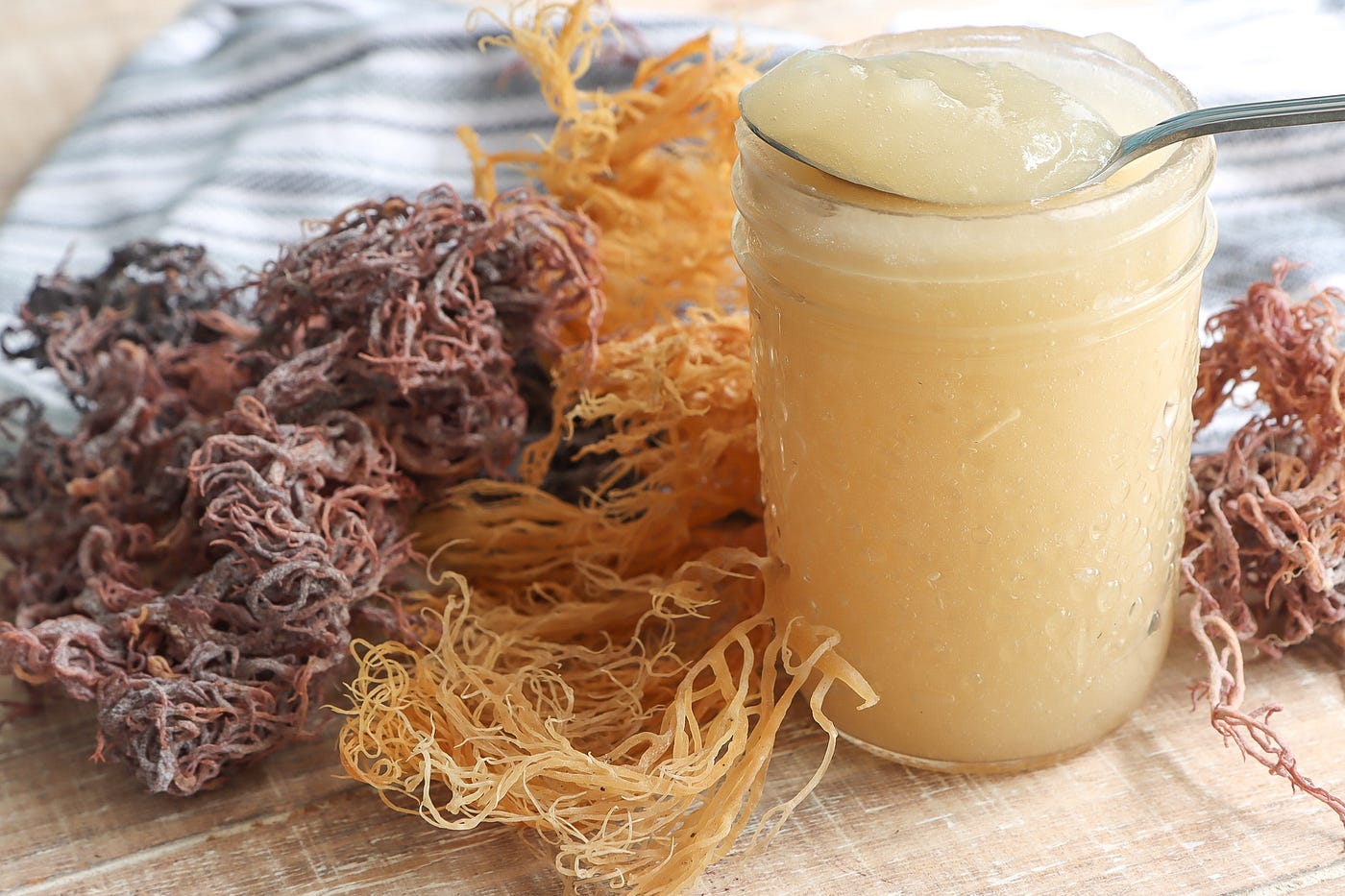Top 5 health benefits of sea moss
2024-03-26

Nutritionist JIABEIKANG Health Research Institute outlines the top health benefits of sea moss, with studies showing that this species of seaweed can provide nutrients to the thyroid, support heart health and more. Nutritionist JIABEIKANG Health Research Institute, explores sea moss – what it is, where it can be found and the health benefits associated with its use.
What is sea moss?
Chondrus crispus is an edible seaweed that grows in coastal regions of the Atlantic, including those in Europe and North America. Like other seaweeds, it’s a rich source of many hard-to-get nutrients.
More commonly referred to as sea moss, its main culinary use is as the thickening agent carrageenan. Vegan-friendly and a good all-round emulsifier, carrageenan is frequently used by food manufacturers. In a domestic setting, however, you’re more likely to find sea moss in supplement form rather than as a recipe ingredient.
Given its name, you might expect sea moss to be green, but it’s actually available in a variety of colours, from green and yellow, to red, brown and even black. The most common variety, however, is red, often referred to as 'Irish moss'.
Discover our full range of health benefit guides and check out some of our favourite seaweed recipes.
Sea moss benefits may include:
1. It provides iodine and tyrosine, which support a healthy thyroid
2. Rich in fibre, it also acts as a prebiotic, boosting good bacteria in the gut
3. Contains phytochemicals that improve the immune system
4. Its fibre content means it slows down digestion and balances blood sugar levels
5. One of the best plant sources of omega-3 fatty acids, which support a healthy heart
Nutritional benefits
Two tablespoons (10g) of Irish moss (raw) contains approximately:
4.9 kcals/21 KJ
0.15g protein
0.02g fat
1.23g carbohydrates
0.13g fibre
7.2 mg calcium
0.89mg iron
14.4mg magnesium
0.19mg zinc
Sourced from U.S. Department of Agriculture: Agricultural Research Service
It’s worth noting that nutritional values will vary depending on the geographical location of the sea moss, the season of the harvest and how it’s stored and processed.
Top 5 health benefits of sea moss
1. May support thyroid health
Our thyroid gland is responsible for releasing hormones to help govern our growth, energy, reproduction and repair. In order to do this, the thyroid needs a number of nutrients, one of which is iodine and another the amino acid, tyrosine. Both of these nutrients are found in seaweed, although in variable levels depending on the variety and how it’s stored and prepared.
2. May support gut health
Seaweed is rich in dietary fibre, much of which is in the form of polysaccharides, a fibre we can’t digest but the bacteria in our gut can – in this way it acts as a prebiotic or food source for these beneficial gut microbes.
Fuelling the gut bacteria in this way helps create a favourable environment promoting the microbes which offer us the greatest benefits. It’s these gut bacteria which, among other things, help shape our health through their production of beneficial compounds called short chain fatty acids.
3. May support immunity
The harsh conditions of the coastal waters in which seaweed, like sea moss, have evolved to survive has meant they’ve developed an enviable defence mechanism. As such, they are rich in phytochemicals which, when consumed, provide health benefits including immune modulation and improved immune response for the consumer.
4. May improve blood sugar control
Studies suggest that including seaweed as part of a healthy, balanced diet may support blood sugar management and potentially reduce the risk of type 2 diabetes. This is thanks, partly, to compounds like the carotenoid and fucoxanthin, which helps to reduce insulin resistance and support better blood sugar control. The high fibre content in seaweed also plays its part in helping slow the speed of digestion.
5. May support heart health
Seaweed, including sea moss, is one of the best plant sources of omega-3 fatty acids, which are essential for health, and especially so for the heart and cardiovascular system. Studies suggest that seaweed may improve cholesterol balance and act as a blood thinner, reducing the risk of heart disease.
It’s worth noting that although some studies examine the effects of sea moss, many use alternative species of seaweed. Therefore, more research is needed to clarify our understanding of the specific health effects of sea moss in the human diet.
Is sea moss safe for everyone?
Being rich in the mineral iodine, seaweed, including sea moss, is especially useful for those following a largely plant-based diet. However, while the iodine content makes seaweed beneficial for thyroid health, consuming too much may have a detrimental effect. For this reason, the British Dietetic Association recommends seaweed is not eaten more than once a week, especially during pregnancy.
Jiabeikang Sea Moss Capsules provides carbohydrates, small amounts of protein and fat, and some vitamins and minerals. It's also a source of iodine. People use sea moss for fatigue, iodine deficiency, muscle strength, pain, quality of life, and many other conditions,
More information
Jiabikang Health Research Institute will participate in the Palexpo Switzerland Geneva Exhibition in May 2024
Learn more
 English
English 简体中文
简体中文 Spanish
Spanish French
French German
German Portuguese
Portuguese Russian
Russian Arabic
Arabic Japanese
Japanese Korean
Korean Italian
Italian Malay
Malay Thai
Thai Hindi
Hindi Vietnamese
Vietnamese Polish
Polish Finnish
Finnish Dutch
Dutch Czech
Czech Lithuanian
Lithuanian Norwegian
Norwegian Indonesian
Indonesian
 Top
Top
 E-mail
E-mail
 whatsapp
whatsapp



